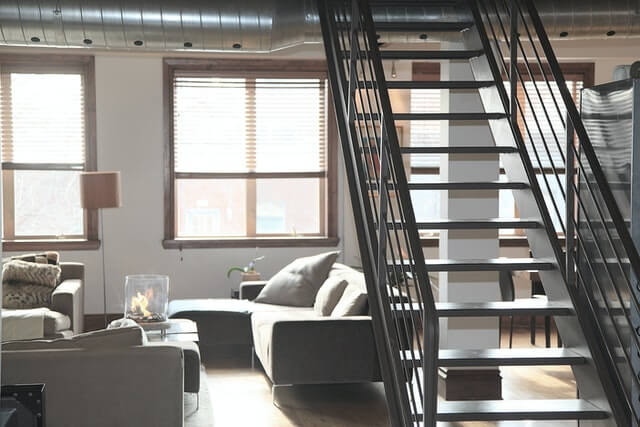Condominium insurance disputes are sometimes complicated because of the fact that condominiums are in a community. Areas such as the stairs/elevator, administrative office, and parking lot are common to all condo owners. This is why condo owners are sometimes confused when it comes to insurance claims.
At RRBH Law, we understand the rights of individual condo owners and the rights of homeowner’s associations. We believe that understanding and recognizing the rights of each is vital to achieving positive results for our clients in the event of a condo property damage accident.
Making a Condominium Insurance Claim for Losses
The way condo owners handle a loss is slightly different than the situation faced by people who own single-family homes. Condo owners have their own unique set of rules governing their insurance. The homeowner’s policy a condo owner owns only covers some property damage, others may be covered by the building owner or HOA.
The following are the most common condominium insurance claims that both an individual owner and the HOA may raise:
- Damage caused by molds
- Damage caused by fire (smoke damage included)
- Damage caused by wind (including other damages that can necessitate windows and roofs to be repaired)
- Damage caused by flood and pipes that burst
- Damage caused by tornadoes, hurricanes, and other natural disasters
Although these claims are generally handled by a single attorney, it may become necessary to coordinate certain claims with others. There are a number of potential complications which could arise for both the HOA and the individual owner.
While condo owners and condo associations share overlapping interests, there are some key differences between them. Condo owners should hire a qualified lawyer to help them navigate through the complex and convoluted process of insurance dispute settlement.
Why Was My Condominium Insurance Claim Denied?
Although an insurance company has been given the authority to investigate a claim, they may still deny a claim and offer explanations for the damage. This is a fairly common practice.
Your homeowner’s insurance policy is a contract between you and your insurance provider. You agree to pay a monthly premium, and you expect your insurer to pay you if you suffer losses due to covered events. Insurance companies deny claims for all sorts of reasons. After studying many cases, we have been able to identify the most used excuses for denials:
Cooperation Clauses
Insurance companies are often extremely demanding when it comes to cooperation clauses. Policyholders are usually obligated to provide the carrier with a wide range of information and documentation. But insurers can deny a claim if you fail to give them everything they want, even though the requests go beyond what is reasonable.
The Other Policy
If an individual condo owner makes a claim, the insurer will say it’s the HOA’s responsibility. If an HOA files for the claim, the company will say that it’s a unit owner’s responsibility. In other cases, they’ll say that the damage is covered by neither policy.
Causation
When an insurer denies a claim, they will often tell you that the damage was caused by an excluded risk. They might claim that mold isn’t covered because it’s not a direct result of damage caused by a storm. If a hurricane destroys your home, they’ll argue that the wind was responsible.
Condominium Insurance Dispute? You Don’t Have to Do it Alone
Are you in a condominium insurance dispute? Here at RRBH Law, we work hard to ensure that all our clients are well-informed and protected from fraudulent insurance practices. We’re dedicated to helping condo owners get the results they deserve, so we take the time to get to know your situation. If you need help now, call us or contact us online so we can assist you.

